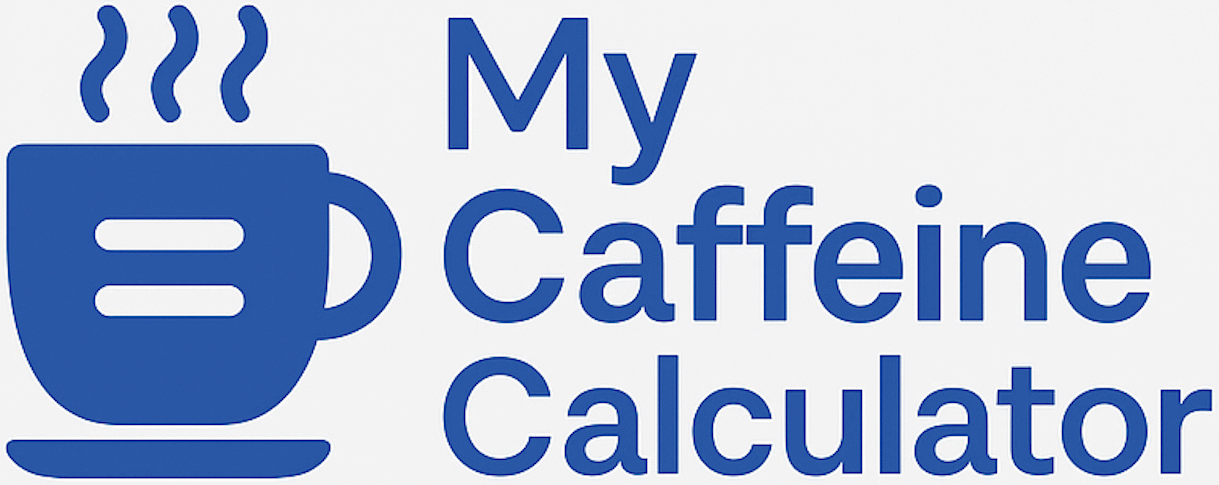Caffeine isn’t just about how much you drink — it’s about how long it stays in your body. For many people, the best way to understand this isn’t through numbers but through a graph.
A caffeine calculator graph lets you see your caffeine levels rise and fall throughout the day, based on what you drink and when. By turning caffeine metabolism into a timeline curve, you can predict alertness peaks, plan cutoffs before bedtime, and avoid accidental overconsumption.
👉 Try the free Caffeine Calculator Graph Tool on MyCaffeineCalculator.com.
Why Use a Caffeine Graph?
-
Visual Understanding
Instead of abstract numbers, you see exactly when caffeine spikes and when it fades. -
Better Planning
Plan your coffee intake around work, workouts, or studying. -
Sleep Protection
Graphs show when caffeine is still in your system at night. -
Compare Multiple Drinks
Visuals make it easy to see the impact of having coffee + energy drinks + tea all in one day.
How a Caffeine Graph Works
The graph is based on caffeine’s half-life, usually ~5 hours.
-
X-axis: Hours after consumption
-
Y-axis: Caffeine level (mg) remaining in the body
-
Each drink produces a decay curve
-
Multiple drinks → overlapping curves combine into a total load graph
👉 Use the Caffeine Over Time Graph Calculator to create your personalized chart.
Example Graph: 300 mg Coffee at 9 AM
| Time | Caffeine Remaining | % Left |
|---|---|---|
| 9 AM | 300 mg | 100% |
| 2 PM | 150 mg | 50% |
| 7 PM | 75 mg | 25% |
| Midnight | 37 mg | 12% |
| 5 AM | 18 mg | 6% |
The graph would show a steep decline early in the day, then a long tail of caffeine lingering into the night.
Example Graph: Multiple Drinks in a Day
-
9 AM: Grande Pike Place Roast (310 mg)
-
2 PM: Red Bull (80 mg)
-
5 PM: Green Tea (30 mg)
Combined graph shows:
-
Morning spike over 300 mg
-
Second peak after lunch (390 mg total)
-
Evening tea keeps caffeine levels above 100 mg even at midnight
👉 See this visualized with the Caffeine Calculator Graph Tool.
Why Graphs Are More Useful Than Numbers
| Method | Advantage | Limitation |
|---|---|---|
| Numbers only | Simple total mg | No timing context |
| Graphs | Visual half-life timeline | Requires tool |
Graphs make it easier to connect caffeine timing to real-life effects like insomnia or energy crashes.
Who Should Use a Caffeine Graph Calculator?
-
Students → schedule caffeine boosts before study sessions.
-
Professionals → plan coffee intake around meetings.
-
Athletes → time peak caffeine for workouts or competitions.
-
Pregnant Women → visualize extended half-life (8–10 hours).
-
Sensitive Sleepers → see when caffeine finally drops low enough for rest.
Factors That Change Your Graph
-
Half-life (3–7 hours in most people)
-
Drink size (coffee vs energy drinks vs espresso)
-
Stacking (multiple drinks → overlapping curves)
-
Body weight (affects metabolism speed)
-
Pregnancy & medications (slows breakdown significantly)
Interlinked Specialized Tools
-
Caffeine Half-Life Calculator → see decay for single drinks.
-
Caffeine Calculator Over Time → track total daily intake across hours.
-
Caffeine Calculator Pregnancy → visualize caffeine’s longer half-life in pregnancy.
-
Daily Caffeine Intake Calculator → track long-term trends.
-
Caffeine Overdose Calculator → avoid dangerous intake levels.
FAQs
Q1: How accurate are caffeine calculator graphs?
They are estimates based on averages, but still highly useful for planning.
Q2: Can I add multiple drinks to the graph?
Yes, advanced tools like MyCaffeineCalculator.com allow multiple entries.
Q3: Do graphs account for tolerance?
Not directly — tolerance varies by person, but the caffeine decay rate remains similar.
Q4: Does a graph change for pregnant women?
Yes, the half-life curve stretches out to nearly double the time.
Q5: Can caffeine graphs prevent overdose?
Yes. By stacking drinks visually, you see if your total exceeds the safe 400 mg/day limit.
Conclusion
A caffeine calculator graph is the clearest way to see how caffeine enters and leaves your system. Instead of guessing, you’ll know exactly when caffeine levels peak and when they drop low enough for restful sleep.
👉 Generate your personal caffeine graph now with the Caffeine Calculator Graph Tool at MyCaffeineCalculator.com.
